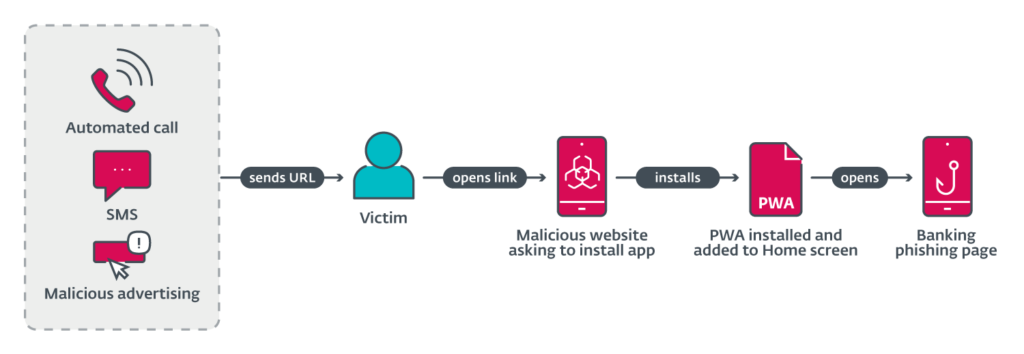From tomshardware.com
A cybersecurity expert has created a proof of concept for CPU ransomware.

Rapid7’s Chrstiaan Beek has written proof-of-concept code for ransomware that can attack your CPU, and warns of future threats that could lock your drive until a ransom is paid. This attack would circumvent most traditional forms of ransomware detection.
In an interview with The Register, Beek, who is Rapid7’s senior director of threat analytics, revealed that an AMD Zen chip bug gave him the idea that a highly skilled attacker could in theory “allow those intruders to load unapproved microcode into the processors, breaking encryption at the hardware level and modifying CPU behavior at will.”
